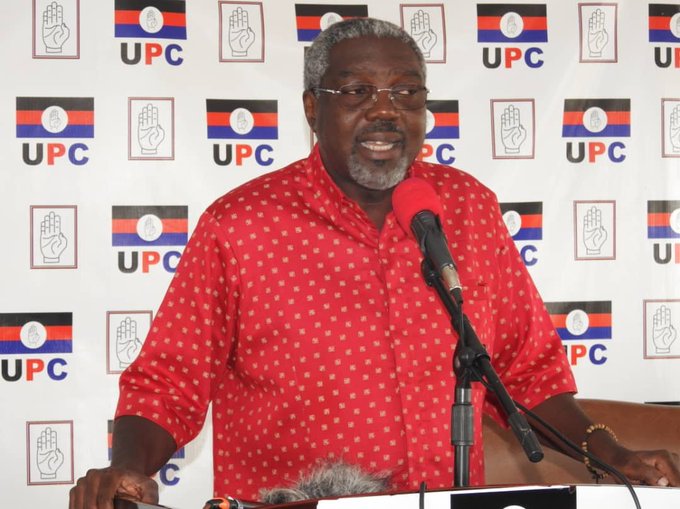The Uganda People’s Congress (UPC) is currently facing a significant leadership dispute that has culminated in legal battles, internal conflicts, and a pending court ruling which the party’s Electoral Commission is awaiting to determine the party’s presidential flagbearer for the 2026 elections. This article breaks down the key facts and timeline of this ongoing UPC crisis.
Background of the Leadership Crisis
Jimmy Akena, the current UPC president and son of former Uganda president Milton Obote, sought a controversial third term as the party’s presidential flagbearer, arguing that amendments aligning the party constitution with Uganda’s national Constitution allow it. However, this was challenged internally and led to a legal confrontation, as UPC’s constitution limits the presidency to two terms except if the incumbent is Uganda’s national president.
Legal Challenges and Court Interventions
-
On July 24, 2025, the High Court in Kampala issued an injunction halting a UPC Delegates’ Conference slated for July 26, which Akena sought to use to extend his presidency by a year pending elections. The court cited ongoing legal proceedings challenging Akena’s legitimacy.
-
Despite the court order, UPC proceeded with a virtual and physical conference on July 26, where delegates controversially suspended parts of the party constitution and extended Akena’s term by an additional 12 months.
-
This move deepened the split within UPC, with rival factions rejecting Akena’s leadership as illegal and rallying behind lawyer Denis Adim Enap or Peter Mukidi Walubiri as legitimate contenders.
-
Akena accepted the High Court ruling banning him from contesting another term but stressed he remained party president and called for party unity at the delegates’ conference.
-
The court is expected to deliver a ruling imminently that will clarify the legitimacy of Akena’s presidency and the rightful UPC flagbearer.
Internal Party Conflicts
-
Akena fired three members of the UPC Electoral Commission for what he described as overreach after they submitted new leadership nominations to the national Electoral Commission without his consent.
-
Rival factions within UPC accused Akena of defying the constitution and court rulings to cling to power, deepening the leadership rift.
-
Party factions have organized competing conferences and legal actions, with veteran member Joseph Pintyek Ochieno among those suing to challenge Akena’s leadership.
Timeline of Major Events
| Date | Event |
|---|---|
| July 19, 2025 | Akena accepts court ruling but calls for delegates conference to seek mandate . |
| July 24, 2025 | High Court issues injunction halting UPC delegates conference scheduled for July 26, pending legal challenge . |
| July 26, 2025 | UPC holds delegates conference virtually and physically, extending Akena’s term despite court order . |
| July 29, 2025 | Scheduled hearing of main legal challenge against Akena’s leadership . |
| September 18, 2025 | Electoral Commission awaits court ruling to decide UPC presidential flagbearer . |
Impact and Outlook
This ongoing turmoil threatens to weaken UPC’s unity and electoral chances as 2026 approaches. With court decisions looming, the party’s ability to present a single, legally recognized presidential candidate is in question.
The Electoral Commission’s awaiting of the court ruling underscores how the judiciary is playing a critical role in resolving political leadership disputes within Uganda’s multiparty democracy. The ruling will potentially set a precedent for party constitutions’ supremacy and adherence amid political ambitions at play.
Conclusion
The UPC leadership dispute encapsulates a deeper struggle between constitutionalism and political maneuvering. Jimmy Akena’s bid for a third term has divided the party between those supporting constitutional limits and his faction invoking Uganda’s national constitution. The forthcoming court ruling is pivotal in shaping UPC’s leadership and broader political dynamics ahead of Uganda’s general elections.

